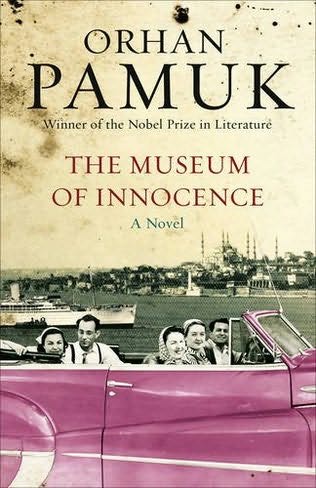 I’m not sure what I was expecting with this book. I had read several reviews which made it sound like The Notebook (something light and fluffy to be consumed on a whim). So, it languished in my virtual library for quite some time before I could be bothered to start reading it – and, I must confess, I was looking for something light and fluffy and perhaps whimsical.
I’m not sure what I was expecting with this book. I had read several reviews which made it sound like The Notebook (something light and fluffy to be consumed on a whim). So, it languished in my virtual library for quite some time before I could be bothered to start reading it – and, I must confess, I was looking for something light and fluffy and perhaps whimsical.
Imagine my surprise when I was gripped from the first page – “gently hooked” as one reviewer has described it! And, like The Captive Reader, I too was devastated to have to put this book down, even just for a moment. I couldn’t bear the thought that something might happen without me (ridiculous, I know, it is a book after all … everything has already happened!). But, Em and Dex, Dex and Em, they were my friends in a way, and I was honoured that they chose to share themselves with me in this magnificent way.
I loved the way Nicholls constructed this narrative, the way he switched between Emma and Dexter with such fluid swiftness that at times I didn’t realise that the switch had actually occurred and that fit with the premise, that Em and Dex were connected on some subliminal level. Two pieces in a puzzle. I loved the way they yearned for each other without realising what it was that was missing until it was too late. And indeed, at times this novel is about ‘too late’ and the repercussions of not acting on one’s instincts and of doubting and questioning.
I was taken by the contradictions between these characters and they way that they were Yin and Yang so much of the time. This friendship was so real to me that it hurt – whether or not this is what Nicholls was trying to achieve I cannot know, but I expect that most readers will see a part of themselves in this story and that it will make them ache.
I was so impressed with Nicholls’ clear talent for writing that I immediately consulted Google and found one of his short stories –
Every Good Boy: A wonderful tale about a boy and his affair with a piano which has devastating consequences.
I will definitely be looking out for this author!!


















